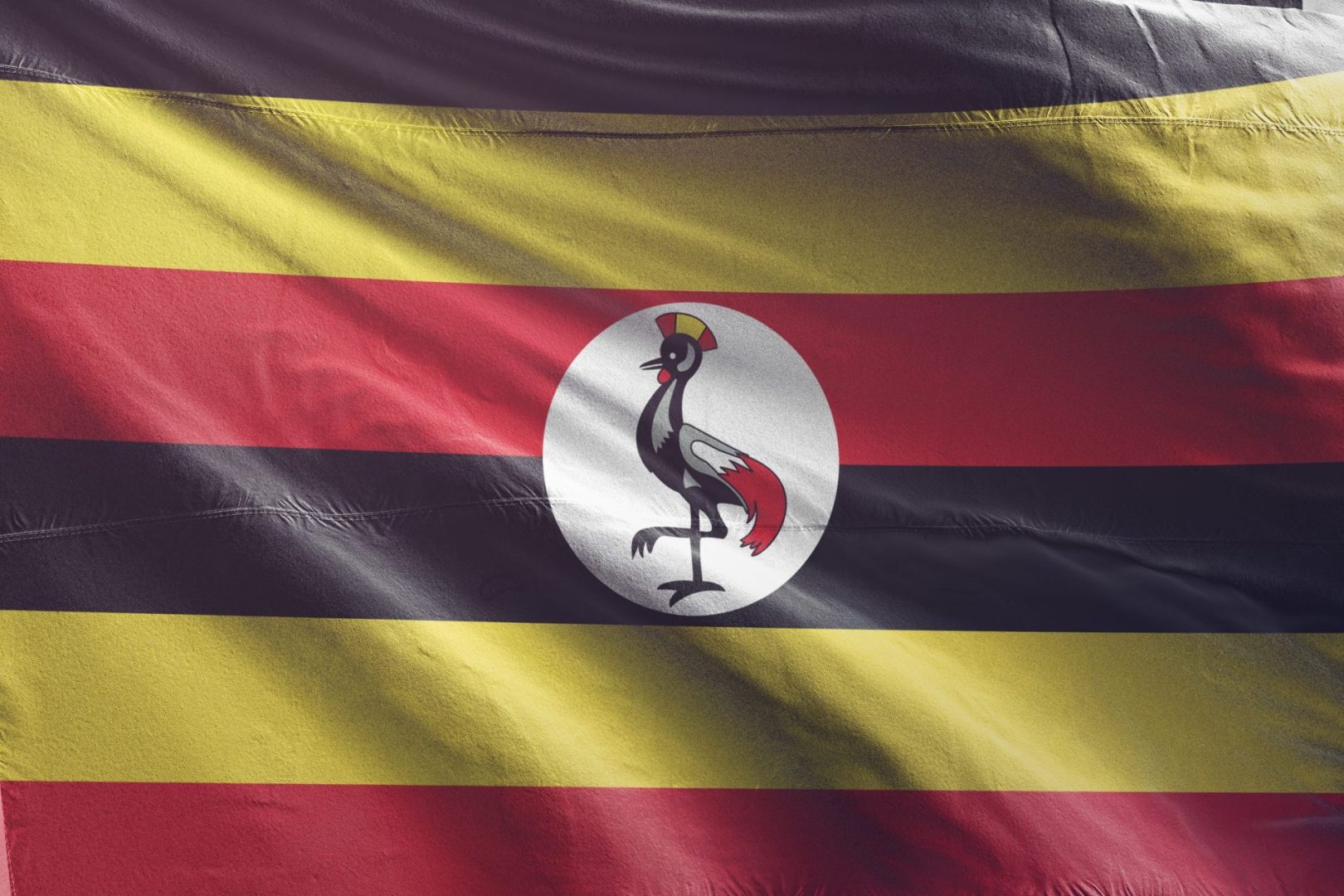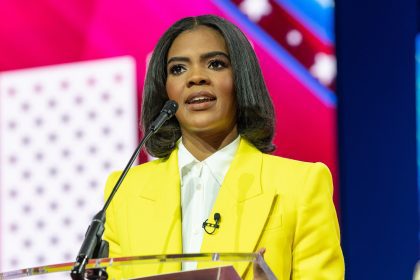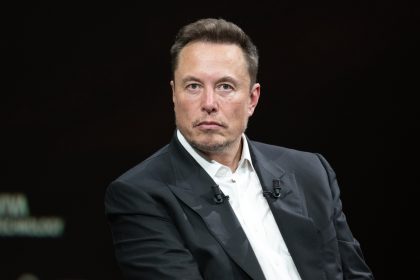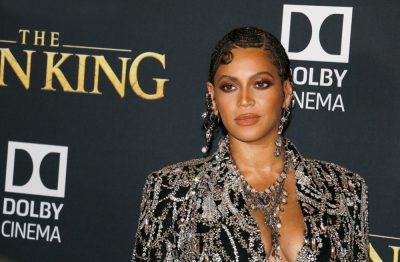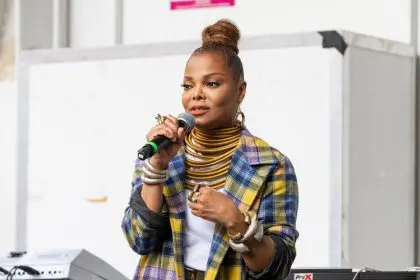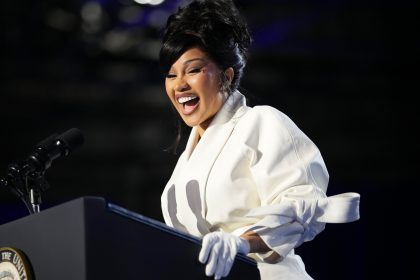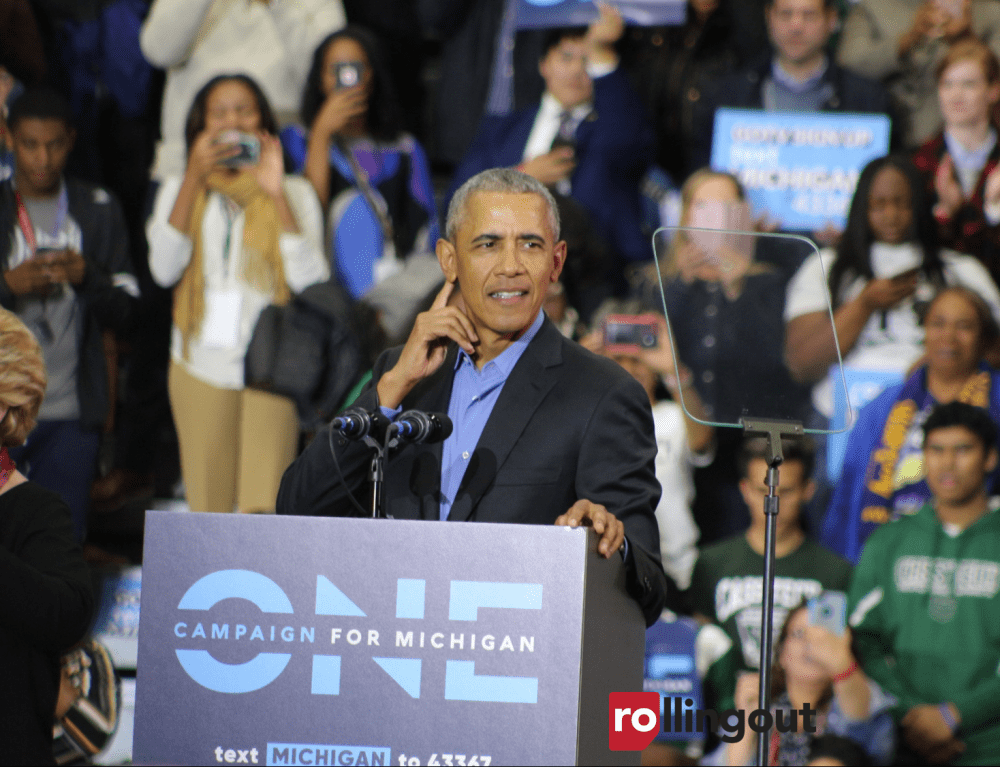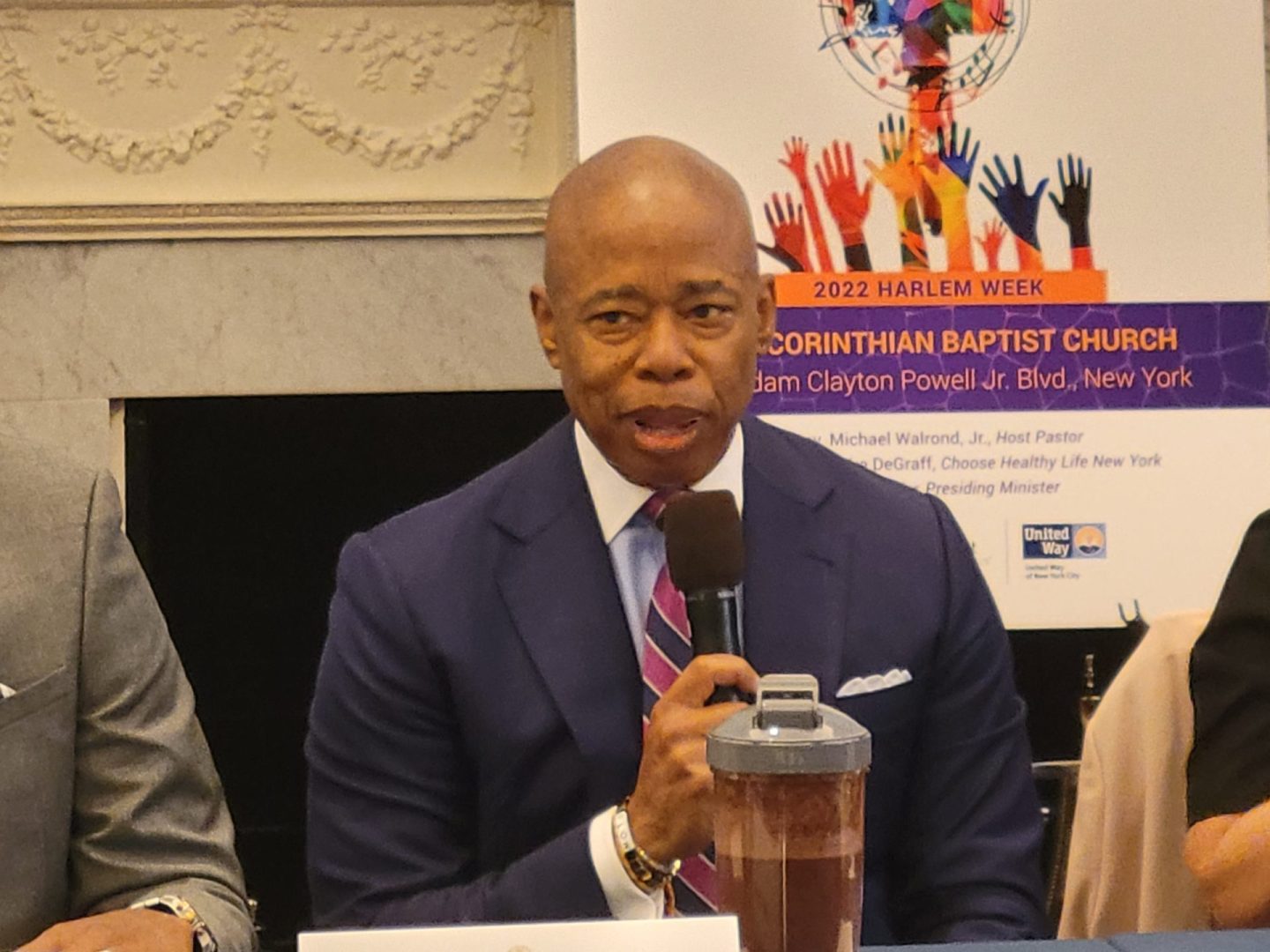Uganda’s political landscape faces another seismic shift as President Yoweri Museveni officially confirms his intention to seek reelection in the upcoming January polls, potentially extending his remarkable four-decade grip on power. The announcement from the National Resistance Movement represents a pivotal moment in East African politics, as one of the continent’s most enduring leaders prepares to cement his legacy through yet another electoral campaign.
The confirmation comes through senior party officials who revealed that the 80-year-old president will formally collect nomination papers on June 28, marking the beginning of what promises to be an intensely watched political process. This development transforms speculation into reality, as political observers across Africa and beyond prepare to witness another chapter in one of the continent’s most extraordinary political careers.
Museveni’s decision to pursue another term reinforces his position as Africa‘s fourth longest-serving leader, a distinction that places him among an exclusive group of political figures who have shaped their nations across multiple generations. His continued leadership ambitions signal a determination to maintain influence over Uganda’s direction as the country navigates complex economic, social and geopolitical challenges.
Constitutional modifications enable extended leadership tenure
The path to Museveni‘s potential reelection has been paved through significant constitutional adjustments implemented during his tenure. The ruling National Resistance Movement has orchestrated two major constitutional changes specifically designed to accommodate the president’s extended rule, demonstrating the party’s commitment to maintaining its current leadership structure.
These constitutional modifications represent more than mere procedural adjustments. They reflect fundamental shifts in Uganda’s governmental framework that have enabled Museveni to transcend traditional term limits and age restrictions that might otherwise have concluded his political career. The changes illustrate the complex relationship between constitutional law and political power in contemporary African governance.
The first constitutional amendment removed presidential term limits that would have prevented Museveni from seeking reelection beyond a certain point. This change sparked significant debate within Uganda’s political circles and civil society organizations, with supporters arguing that experienced leadership benefits national stability while critics contended that term limits serve essential democratic functions.
The second constitutional modification addressed age restrictions that would have prevented candidates over 75 from seeking the presidency. This change proved particularly significant for Museveni, who has now reached 80 years of age while maintaining his political ambitions. The adjustment ensures that age alone cannot disqualify him from pursuing continued leadership.
These constitutional changes have created a legal framework that supports extended presidential tenure, fundamentally altering Uganda’s political dynamics and establishing precedents that will influence future electoral processes. The modifications demonstrate how constitutional law can be adapted to accommodate specific political circumstances and leadership preferences.
Political opposition prepares for challenging electoral contest
The upcoming January election will feature a compelling matchup between Museveni and his primary challenger, pop star-turned-politician Bobi Wine, whose real name is Robert Kyagulanyi. This confrontation represents a fascinating generational and ideological divide that has captured international attention and energized Uganda’s political discourse.
Wine’s transition from entertainment to politics exemplifies the evolving nature of African political leadership, as younger figures leverage celebrity status and social media influence to challenge established political orders. His campaign represents more than traditional opposition politics, embodying aspirations for generational change and alternative approaches to governance.
The musician-politician’s previous electoral performance in 2021 demonstrated significant popular support, as he secured second place in results that he subsequently disputed. Wine’s rejection of those election outcomes stemmed from allegations of systematic irregularities including ballot manipulation, security force intimidation, and various procedural violations that he claimed undermined the electoral process.
Wine’s continued political engagement despite facing significant challenges illustrates the resilience of Uganda’s opposition movement and the determination of alternative political voices to participate in the democratic process. His campaign strategy will likely focus on mobilizing younger voters and urban populations who may be more receptive to messages of political change.
The contrast between Museveni’s decades of experience and Wine’s youthful energy creates a dynamic electoral environment that will test Uganda’s political institutions and democratic processes. This generational divide reflects broader tensions within African societies as established leaders confront emerging political movements.
Electoral process faces scrutiny amid governance concerns
Uganda’s upcoming general election will unfold under intense domestic and international scrutiny, as observers examine the fairness and transparency of electoral processes in a country where the ruling party has maintained power for nearly four decades. The simultaneous presidential and parliamentary elections scheduled for January will test the strength of Uganda’s democratic institutions.
The National Resistance Movement’s current candidate vetting process represents a crucial phase in determining the final electoral landscape. Party officials are conducting thorough evaluations of potential candidates for various positions, ensuring that the ruling party presents a unified and strategic approach to the upcoming polls.
Electoral preparations extend beyond candidate selection to encompass broader questions about campaign conditions, media access, and the role of security forces in maintaining order during the political process. These factors will significantly influence the electoral environment and determine whether opposition candidates can compete on equal terms with the ruling party.
International observers and diplomatic missions are closely monitoring Uganda’s electoral preparations, recognizing that the outcomes will have implications for regional stability and democratic governance across East Africa. The election results will influence Uganda’s relationships with international partners and affect the country’s standing within regional organizations.
Governance challenges shape electoral dynamics
Museveni’s extended tenure has coincided with significant economic and social transformations within Uganda, creating a complex legacy that will influence voter perceptions and electoral outcomes. His leadership has overseen periods of economic growth alongside persistent challenges related to poverty, infrastructure development, and social services delivery.
The president’s supporters emphasize achievements in maintaining political stability, promoting economic development, and positioning Uganda as a regional power capable of influencing East African affairs. They argue that experienced leadership provides continuity and expertise necessary for navigating complex national and international challenges.
Critics raise concerns about governance practices, human rights conditions, and the concentration of political power within a single party and leadership structure. These concerns reflect broader debates about democratic governance, accountability, and the balance between stability and political competition in African contexts.
The upcoming election will serve as a referendum on Museveni’s governance record and his vision for Uganda’s future development. Voters will evaluate his administration’s performance across multiple dimensions including economic management, social service delivery, and political governance practices.
Rights organizations and civil society groups continue advocating for improved governance standards, greater political competition, and enhanced protection of civil liberties. Their voices contribute to ongoing discussions about the appropriate balance between political stability and democratic accountability in Uganda’s political system.
Economic conditions will play a significant role in shaping voter preferences, as citizens evaluate their living standards and economic opportunities under current leadership. The government’s ability to address unemployment, inflation, and infrastructure needs will influence electoral outcomes and determine levels of popular support for continued NRM rule.

